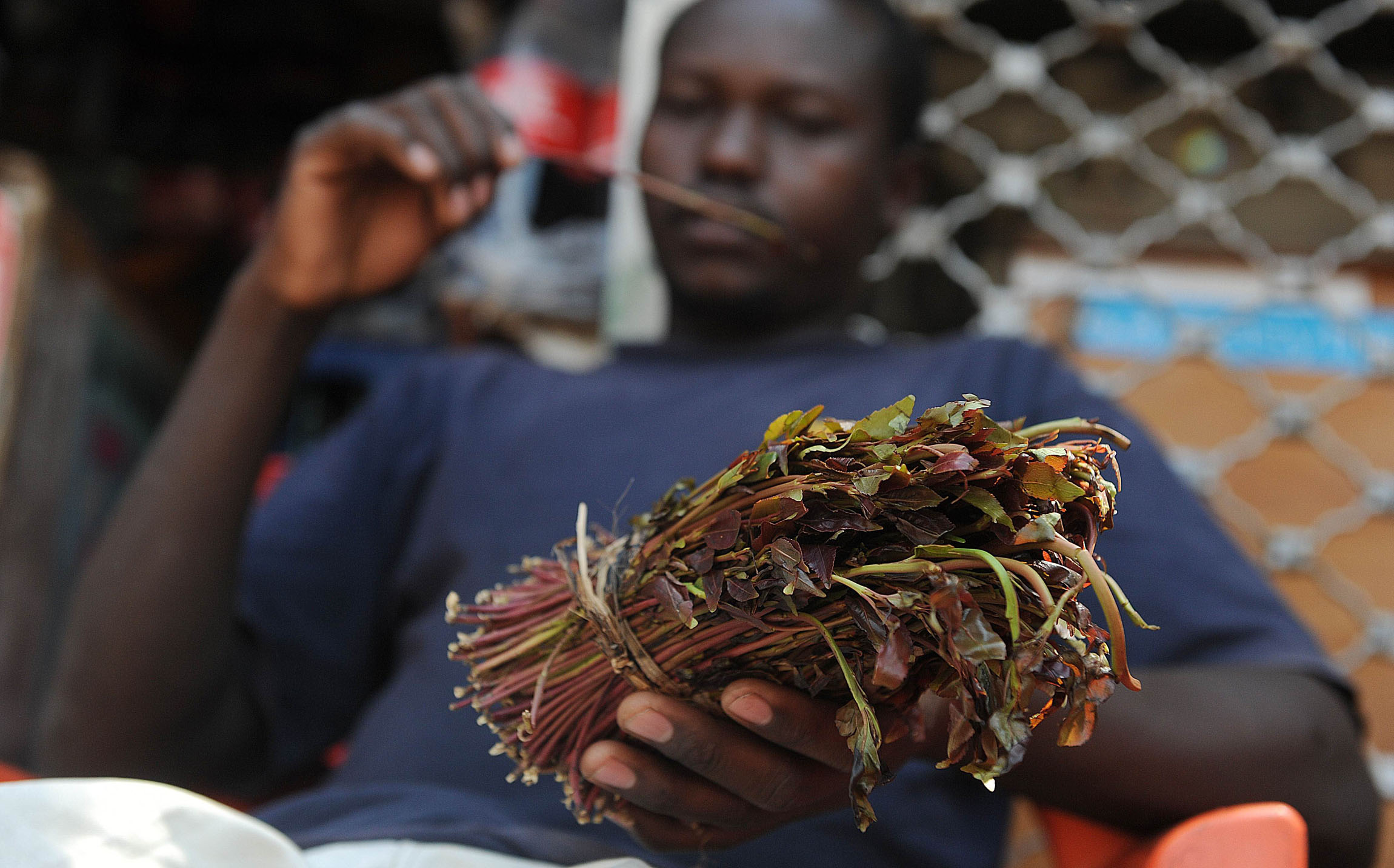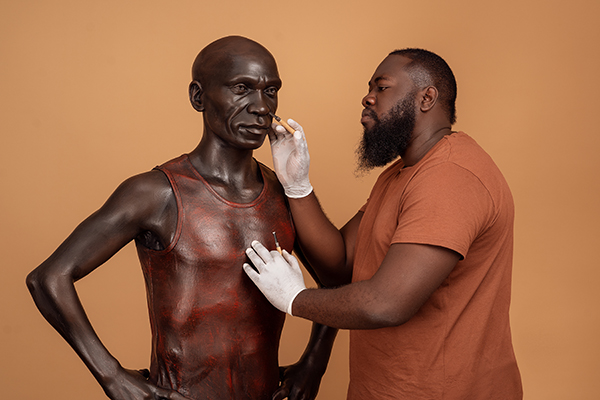
Kenya seeks UN’s help to remove EU ban on khat

Kenya has tabled a request at the United Nations seeking to remove the ban on khat claiming that the European khat ban has affected the incomes of over 150,000 farmers, reports the Business Daily.
Kenya is seeking UN’s assistance in interpreting the clause that the European nations used to ban khat according to the country’s Agriculture Ministry Cabinet Secretary Willy Bett.
“We want to lift the standards of living for miraa (khat) farmers but this can only be done by opening more markets. The European market was lost due to misinterpretation of UN conventions. We have asked the UN to give us an interpretation of the conventions to establish whether it affects khat,” the CS said.
Bett further said that the East African government has also initiated the review of aviation regulations which bar passengers from entering airports with khat.
Majority of the European Union and G8 countries, the US and Canada have banned the use of miraa (khat) after reclassifying it as a controlled drug.
Kenya also wants regulations that bar transportation of miraa as ordinary cargo reviewed.






